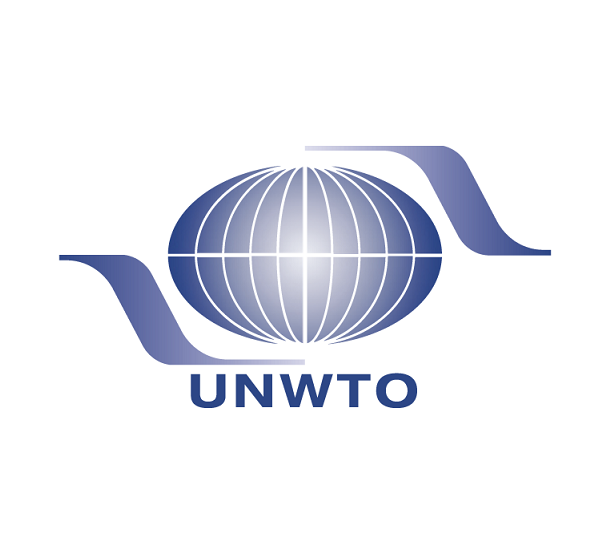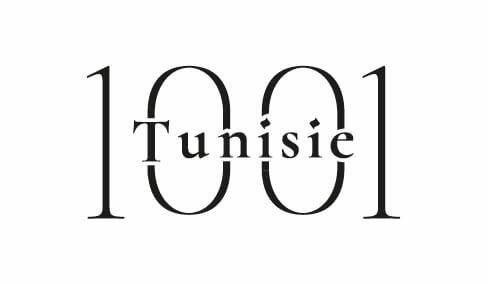
The third International Congress of the World Tourism Organization on Ethics held in Krakow presented the UNWTO Recommendations for Responsible Use of Rankings and Opinions on Digital Platforms, a book Whose guidelines were developed by the World Committee for Tourism Ethics in collaboration with TripAdvisor, Minube and Yelp.
On the UNWTO website, we read: “Online rankings and notices are now playing a major role in tourism. These new recommendations of the Global Committee on Tourism Ethics aim to ensure that all players play fairly and transparently … The UNWTO Recommendations for Responsible Use of Rankings and Notices Published on Platforms Digital products are the result of a very innovative work carried out thanks to a close partnership and a strong involvement of TripAdvisor, Minube and Yelp. We know that these rankings and opinions are critical in consumer decisions today. “
“As stated by UNWTO, users’ content is time-consuming, so it is important that the platforms on which the comments and evaluations are published take steps to ensure the interest, accuracy and The White Paper sets out important guidelines on what consumers should be entitled to expect from any platform publishing comments as well as clear guidance for business “Commented Helena Egan, World Director in charge of industry relations at TripAdvisor, who is committed to upholding the principles outlined in this white paper.
At the same time, TripAdvisor signed the Private Sector Commitment to the UNWTO Global Code of Ethics for Tourism. TripAdvisor has reviews and information on over 400,000 locations, including: Travel Destinations The fact that this company has joined the signatories of the Global Code of Ethics for Tourism enhances the potential of this non-binding document, which is the first global compendium of guidelines on responsible tourism.
The Global Code of Ethics for Tourism is a set of principles intended to guide the main players in tourism development. The Code, aimed at public authorities, travel professionals, communities and tourists, aims to help maximize the beneficial effects of tourism while minimizing any potentially negative impacts on the environment, Cultural heritage and societies all over the world. The Code was adopted in 1999 by the General Assembly of the World Tourism Organization. Recognizing it two years later, the United Nations expressly encouraged UNWTO to promote the effective implementation of its provisions in practice.
Since 2011, 513 companies and associations from 69 countries have adhered to the Private Sector Commitment to the Code.


 َAbonnez-vous
َAbonnez-vous

